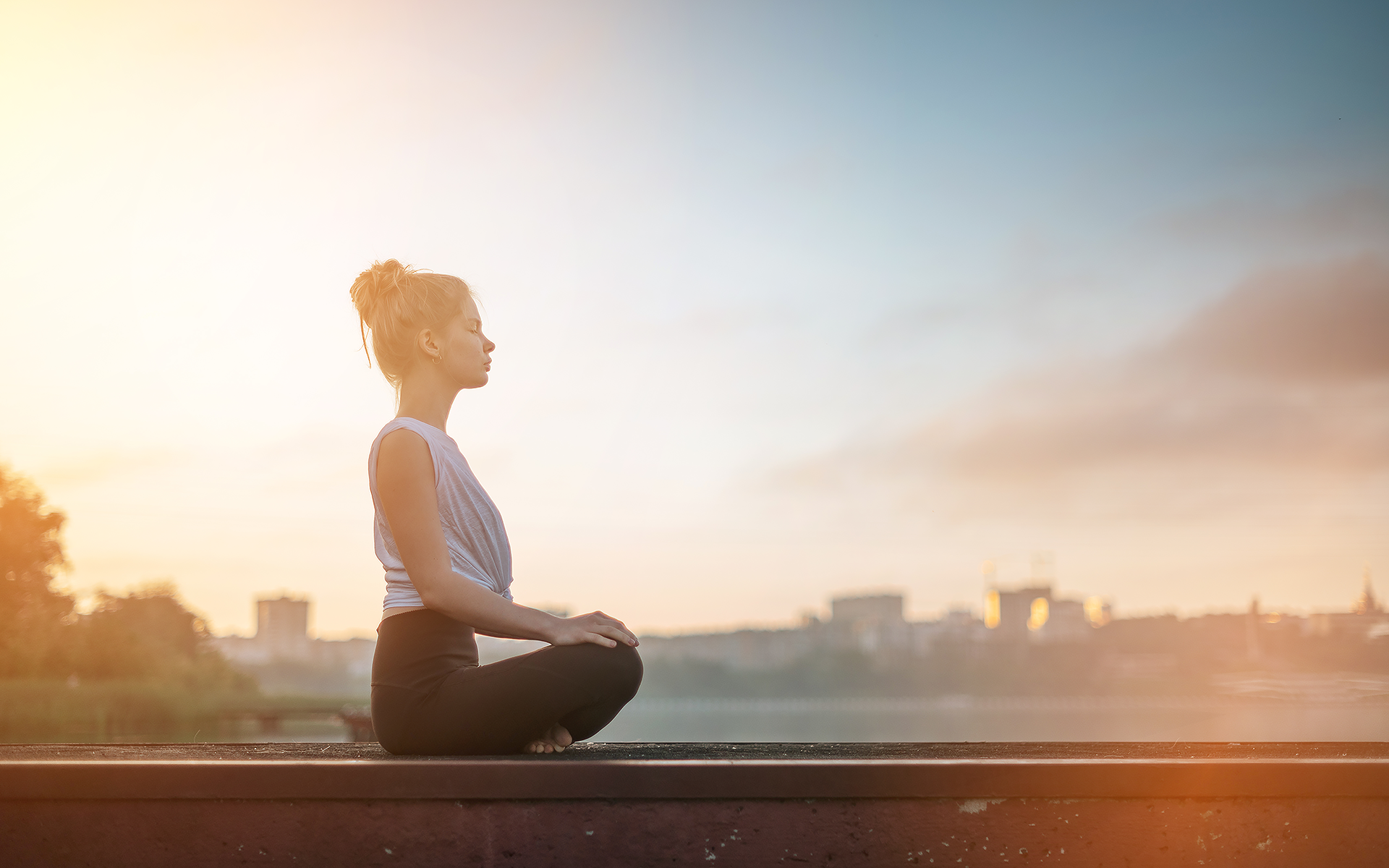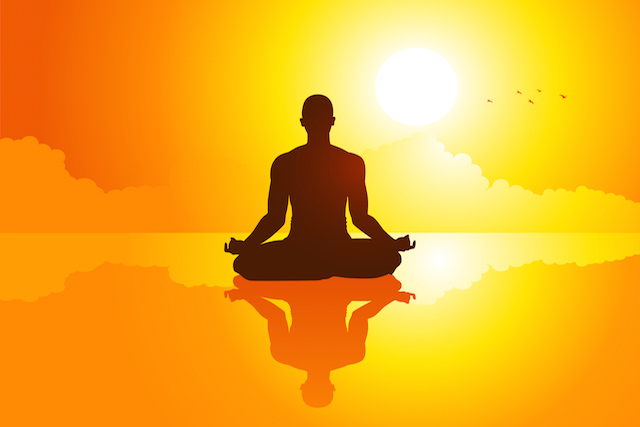Our general interest e-newsletter keeps you approximately date on a wide array of health topics.
Sign up now Meditation: A simple, fast way to minimize tension
Meditation can clean away the day's tension, bringing with it inner peace. See how you can quickly find out to practice meditation whenever you require it most.
By Mayo Clinic Staff If stress has you anxious, tense and worried, consider trying meditation. Spending even a couple of minutes in meditation can restore your calm and inner peace.
Anybody can practice meditation. It's basic and low-cost, and it does not need any unique equipment. And you can practice meditation wherever you are-- whether you're out for a walk, riding the bus, waiting at the doctor's office or even in the middle of a challenging company meeting.
Comprehending meditation Meditation has actually been practiced for countless years. Meditation initially was indicated to assist deepen understanding of the spiritual and magical forces of life. Nowadays, meditation is frequently utilized for relaxation and tension decrease.
Meditation is thought about a kind of mind-body complementary medication. Meditation can produce a deep state of relaxation and a serene mind. Throughout meditation, you focus your attention and remove the stream of jumbled ideas that might be crowding your mind and triggering tension. This procedure might lead to boosted physical and psychological wellness.
Advantages of meditation Meditation can offer you a sense of calm, peace and balance that can benefit both youremotional wellness and your total health.
And these advantages do not end when your meditation session ends. Meditation can assist bring you more calmly through your day and might assist you handle signs of particular medical conditions.
Meditation and psychological wellness When you practice meditation, you might eliminate the details overload that constructs up every day and adds to your tension.
The psychological advantages of meditation can consist of:
Meditation and disease Meditation might also be helpful if you have a medical condition, particularly one that may be intensified by stress. While a growing body of scientific research supports the health benefits of meditation, some researchers believe it's not yet possible to reason about the possible advantages of meditation. With that in mind, some research study recommends that meditation might assist individuals manage symptoms of conditions such as:
Make sure to speak with your health care provider about the pros and cons of using meditation if you have any of these conditions or other illness.

In some cases, meditation can worsen signs related to particular psychological and physical health conditions.
Meditation isn't a replacement for conventional medical treatment. However it may be an useful addition to your other treatment. Kinds of meditation
Meditation is an umbrella term for the lots of methods to an unwinded state of being. There are numerous kinds of meditation and relaxation methods that have meditation components. All share the same goal of attaining inner peace. Ways to practice meditation can consist of:
Directed meditation. In some cases called directed imagery or visualization, with this method of meditation you form mental images of locations or scenarios you discover relaxing.
You attempt to use as many senses as possible, such as smells, sights, sounds and textures. You may be led through this procedure by a guide or instructor.
Mantra meditation. In this kind of meditation, you quietly repeat a calming word, thought or expression to avoid disruptive thoughts. Mindfulness meditation. This type of meditation is based on being conscious, or having actually an increased awareness and approval of living in the present moment.
In mindfulness meditation, you broaden your mindful awareness. You concentrate on what you experience throughout meditation, such as the flow of your breath. You can observe your thoughts and emotions, however let them pass without judgment. Qi gong. This practice usually integrates meditation, relaxation, physical movement and breathing exercises to restore and keep balance. Qi gong (CHEE-gung) becomes part of conventional Chinese medicine. Tai chi. This is a form of gentle Chinese martial arts. In tai chi (TIE-CHEE), you carry out a self-paced series of postures or motions in a slow, graceful manner while practicing deep breathing.
Transcendental click here Meditation ®. Transcendental Meditation is a basic, natural strategy. In Transcendental Meditation, you quietly repeat a personally assigned mantra, such as a word, noise or expression, in a particular way. This form of meditation might permit your body to settle into a state of profound rest and relaxation and your mind to achieve a state of inner peace, without needing to utilize concentration or effort. Yoga. You carry out a series of postures and controlled breathing exercises to promote a more versatile body and a calm mind. As you move through postures that need balance and concentration, you're encouraged to focus less on your busy day and more on the minute.

Various types of meditation may consist of various features to help you practice meditation. These might vary depending on whose assistance you follow or who's teaching a class. A few of the most common features in meditation consist of: Concentrated. Focusing your attention is typically one of the most important components of meditation.
Focusing your attention is what assists free your mind from the many diversions that cause stress and concern. You can focus your attention on such things as a particular item, an image, a mantra, or even your breathing. Unwinded breathing. This method involves deep, even-paced breathing using the diaphragm muscle to broaden your lungs. The function is to slow your breathing, take in more oxygen, and minimize making use of shoulder, neck and upper chest muscles while breathing so that you breathe more efficiently. A quiet setting. If you're a newbie, practicing meditation might be easier if you're in a peaceful spot with few diversions, consisting of no television, radios or cellular phones.
As you get more proficient at meditation, you may be able to do it anywhere, specifically in high-stress situations where you benefit the most from meditation, such as a traffic congestion, a difficult work meeting or a long line at the grocery shop. A comfy position. You can practice meditation whether you're sitting, lying down, strolling, or in other positions or activities. Simply try to be comfy so that you can get the most out of your meditation. Goal to keep great posture throughout meditation. Open mindset. Let thoughts pass through your mind without judgment.